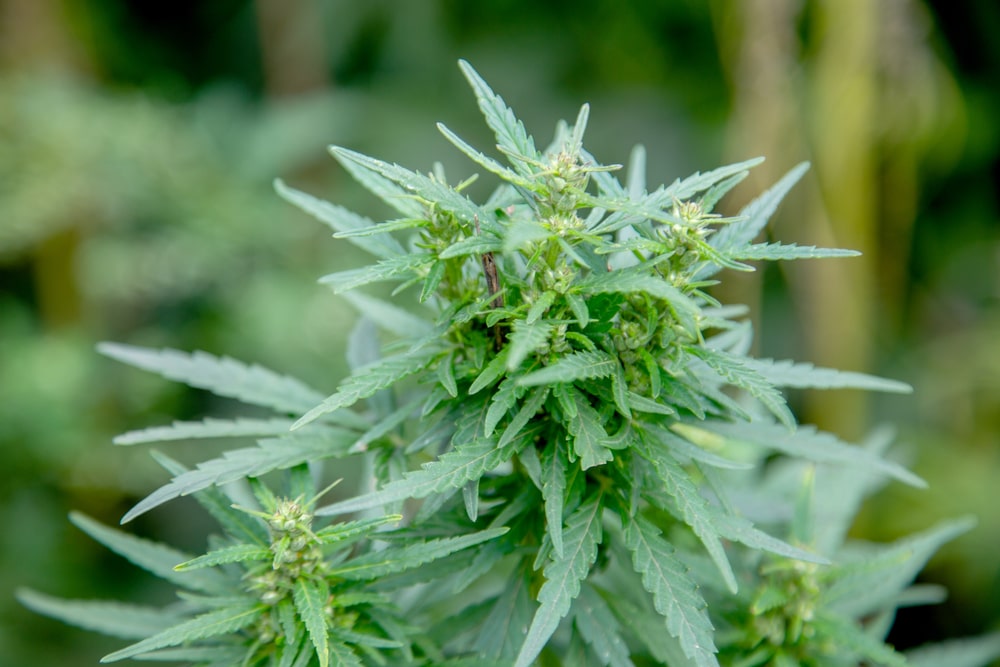FREE SAME-DAY SHIPPING ON ORDERS OVER $99.99
The Agriculture Improvement Act of 2018 made it possible for hemp farmers to legally produce regulated hemp for commercial sale. Since then, the entire industry has boomed, generating jobs and business opportunities for people interested in taking a slice of the hemp industry cake.
But while the passing of the Farm Bill of 2018 has loosened up the red tape surrounding hemp for decades, different laws and regulations between state borders can impact the way the herb is appreciated in certain areas. In Washington state however, the laws might be slightly more relaxed than anywhere else.

You can’t really talk about hemp laws without talking about marijuana laws. Way back in the day, hemp and marijuana were lumped together in the same category owing to the fact that they come from the same cannabis plant. During that time, lawmakers believed that hemp and marijuana both caused a ‘high’ since they were harvested from a single parent plant.
However, studies have found that changes in their cultivation also manifest differences in their chemistry. The biggest difference is that marijuana contains copious amounts of the compound tetrahydrocannabinol or THC which is the main psychoactive compound in the cannabis plant.
Due to the unique cultivation methods used to grow hemp, farmers can grow the herb with just trace amounts of THC, allowing users to experience of cannabis without experiencing the high. And the Farm Bill of 2018 is grounded in this principle, identifying legal hemp as any part of the cannabis plant with 0.3% THC or less.
The main reason why hemp users are urged to keep their use of raw hemp flower on the downlow is because hemp and marijuana are impossible to tell apart. In states where marijuana is illegal, it is very possible to be met with inconvenience if you’re smoking legal hemp simply because the two herbs look the same.
Although marijuana remains a controlled substance across most of the country, Washington state has fully legalized the herb. That means that individuals can use marijuana not only for medicinal purposes, but also for recreational use. And with that, you should be able to smoke hemp without any trouble within the state of Washington.
Technically, hemp edibles shouldn’t be legal anywhere in the United States. That’s because the FDA hasn’t approved any hemp extract as a food additive. And even if the substance were approved for its therapeutic , it still wouldn’t be allowed in food and drink since the FDA doesn’t allow manufacturers to infuse edibles with medicines, whether or not they’re approved.
But despite the obvious illegality of hemp edibles, their widespread availability tells you the kind of future you can expect with this specific niche of the industry. With law enforcement turning away from cracking down on hemp edibles, it’s easy to see that these products will become legal with just a little more time.
All that said, individuals are free to buy, sell, possess, and use hemp edibles without any repercussions from the law. In fact, businesses are allowed to ship these products between borders without a fuss, and they’re available in the most overt storefronts for anyone and everyone to access.
While the state of Washington is pretty loose when it comes to their hemp laws – thanks to the legalization of recreational marijuana within their borders – there are still some restrictions. For instance, even with the complete legality of marijuana .
The same goes for hemp. Only individuals who possess a license are allowed to grow hemp. That said, anyone caught growing hemp without a license may be subject to steep fines and other penalties, depending on the amount of hemp being grown.
Washington state has some of the most relaxed laws when it comes to hemp, thanks to their move to legalize marijuana. And while there might be some restrictions in place, these might change over time as the state continues to iron out the kinks of their legislation to meet the needs of their population.
[starbox id=3]